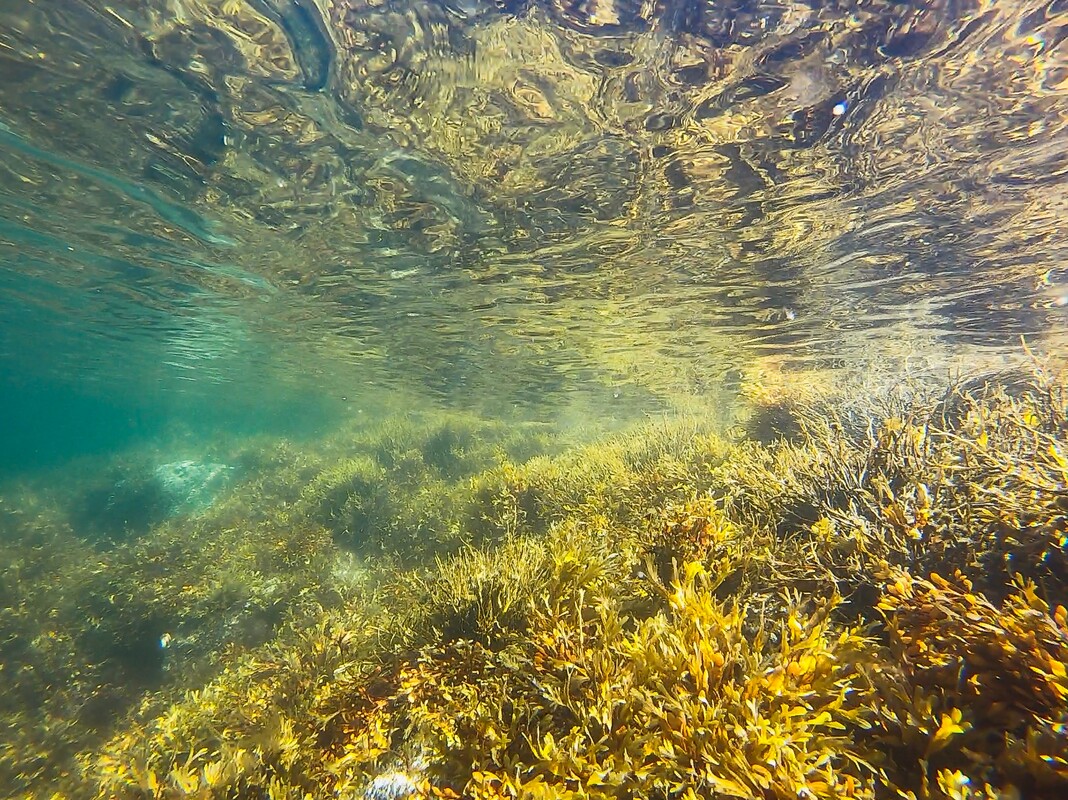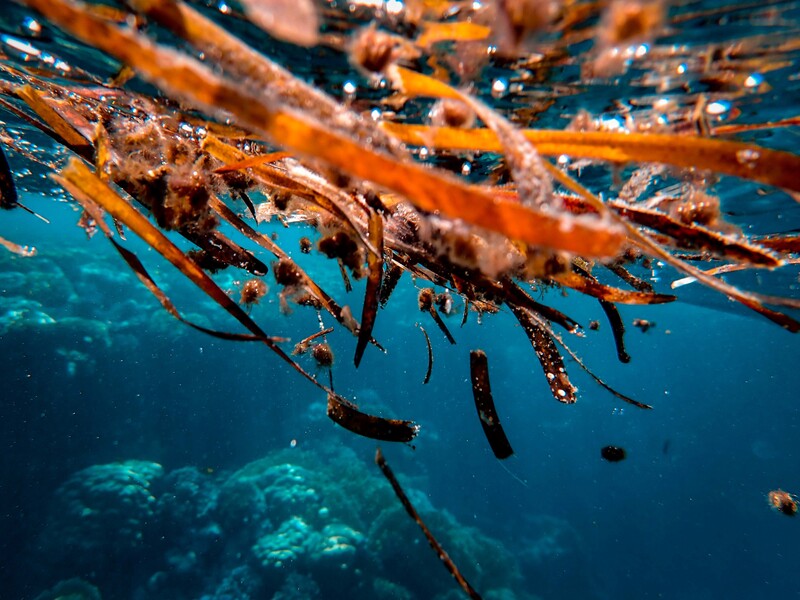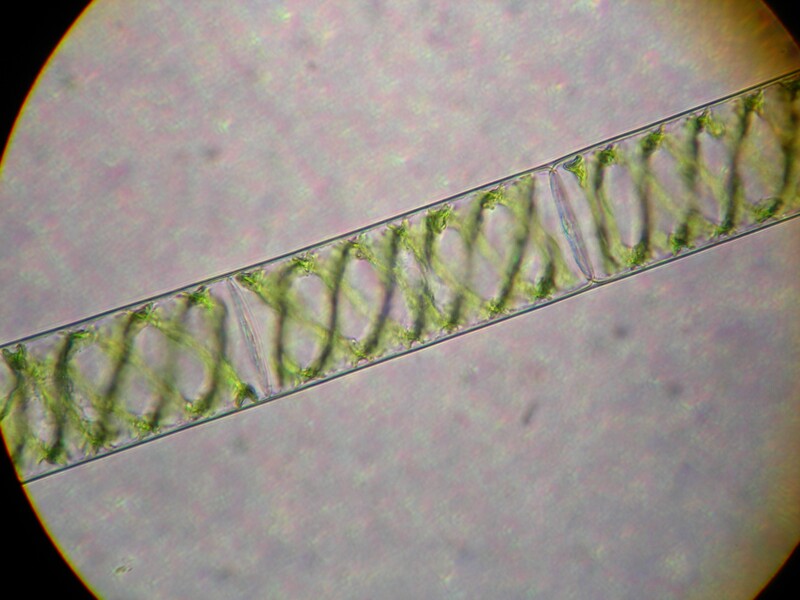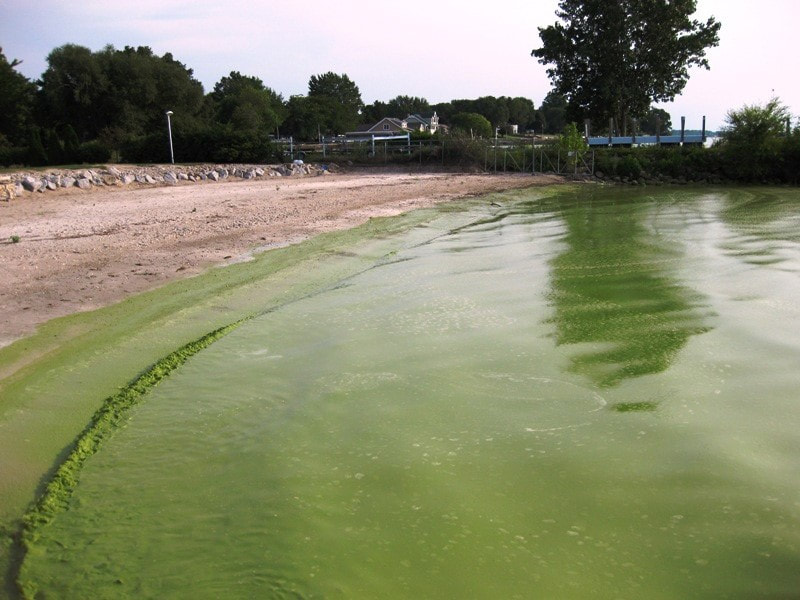|
By Philip Harker, Citizen Science Intern, EcoSpark We tend to focus quite a lot on the earth’s flashier organisms: ferocious tigers, adorable axolotls, and towering trees. These organisms capture our imagination and help us to motivate others to protect our biosphere. But these charismatic plants and animals don’t always tell the full story of the ecosystems that they come from. All across the world, ecosystems are highly dependent on the simpler organisms that we tend to take for granted. Today, we explore a diverse, weird, and fascinating (yet often overlooked) group of organisms: algae! Algae are some of the most impactful organisms on the planet. They are critical members of many aquatic ecosystems and important sources of oxygen, but algae can also cause great destruction in the right conditions. What Is Algae? Think about any group of organisms on the planet: felines, frogs, sunflowers, all of these are examples of what evolutionary biologists call “clades”. Clades are defined by having a single common ancestor. This means that all felines, for example, are descended from a single common species that evolved into many types of big and small cats. What’s weird about algae is that it isn’t part of a clade; there are many different organisms that we consider “algae”, and they have no common ancestor. Green algae, red algae, dinoflagellates, diatoms, all of these are different organisms with different evolutionary lineages. However, all algae has a few traits in common. Algae are aquatic plants that have no flowers, fruits, or seeds, and no true roots, stems or leaves. This means that algae are pretty simple organisms. After all, algae were the first botanical organisms ever— they first evolved some 3.5 billion years ago! Just as plants are the main producers in terrestrial ecosystems, algae are the main producers in aquatic ecosystems. Through photosynthesis they produce their own food, forming the bottom of the underwater food chain. Algae and the World Most life on earth depends on a steady supply of oxygen in the atmosphere. Photosynthesis produces food for plants, but it also produces oxygen as a byproduct. Thanks to millions of years of photosynthetic plants on earth, our atmosphere is some 21% oxygen— and algae is to thank for half of that amount. So, while planting trees is great for the environment for any number of reasons, we have the algae to thank for fresh air as well. That said, humanity’s relationship with algae isn’t always beneficial. Human pollution and poor land management can cause algae to grow uncontrollably, causing great harm to waterways. Above, we can see what’s called an “algae bloom”— large quantities of nutrients (possibly fertilizer runoff from humans) have ended up in this water. These nutrients have allowed a massive population of algae to quickly reproduce and grow so large that it can be seen from space. This ecosystem is sick, and the consequences can be devastating. Algae blooms can disturb aquatic ecosystems by blocking out sunlight and killing underwater plants, but the real threat comes after the algae die off. When the algae die and decompose, it leaves the water devoid of oxygen, resulting in “dead zones” in the aquatic ecosystem where nothing can survive. Algae are an amazing group of organisms. But they can be just as destructive as they are beneficial to our waters. It is up to humanity to control our nutrient pollution— reducing fertilizer overuse, supporting more sustainable agricultural practices, and monitoring streams and oceans for elevated nutrients. If we treat our waterways well, algae can be a tool for good instead of an environmental concern. References [1] https://www.science.org.au/curious/space-time/origins-life-earth
[2] https://oceanservice.noaa.gov/facts/ocean-oxygen.html [3] https://www.nature.com/scitable/knowledge/library/eutrophication-causes-consequences-and-controls-in-aquatic-102364466/ [4] https://link.springer.com/article/10.1007/s13165-020-00337-9
0 Comments
Leave a Reply. |
AuthorWrite something about yourself. No need to be fancy, just an overview. Archives
July 2024
Categories |





 RSS Feed
RSS Feed
